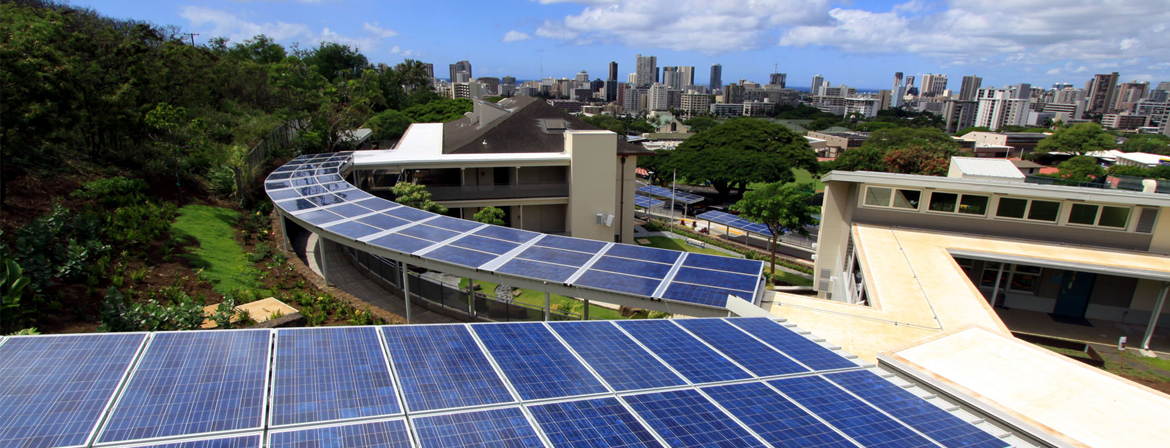Finding International Best Practice Models for CFL Diversion from Household Waste and Recycling Options
Manufacurer/Public Cooperation Takeback CFL Bulbs
Do-It-Yourself and Energy Conservation
Mayer, Peter C (1996). Do-it-yourself and energy conservation. Contemporary Economic Policy , 14, 116-118.
Reducing Elevator Energy Use: A Comparison of Posted Feedback and Reduced Elevator Convenience
Van Houten, R., Nau, P. A., & Merrigan, M. (1981). Reducing elevator energy use: A comparison of posted feedback and reduced elevator convenience. Journal of Applied Behavior Analysis, 14, 4, 377-387.
The Attitude-Behavior Relationship: A Test of Three Models of the Moderating Role of Behavioral Difficulty
Kaiser, F., & Schultz, P. (2009, January). The attitude-behavior relationship: A test of three models of the moderating role of behavioral difficulty. Journal of Applied Social Psychology, 39(1), 186-207.
Household Actions Can Provide a Behavioral Wedge to Rapidly Reduce US Carbon Emissions
Dietz, T., Gardner, G.T., Gilligan, J., Stern, P.C., Vandenbergh, M.P. (2009). Household actions can provide a behavioral wedge to rapidly reduce US carbon emissions. Proceedings of the National Academy of Sciences of the United States of America, 106(44), 18452-18456.



